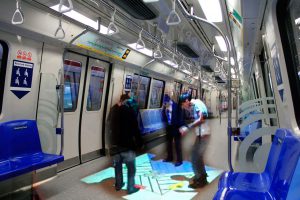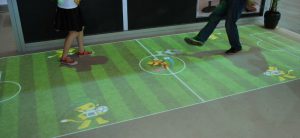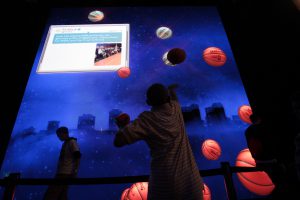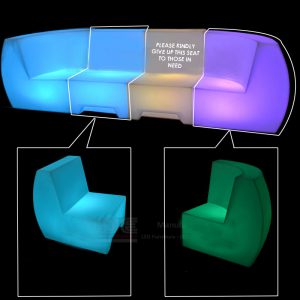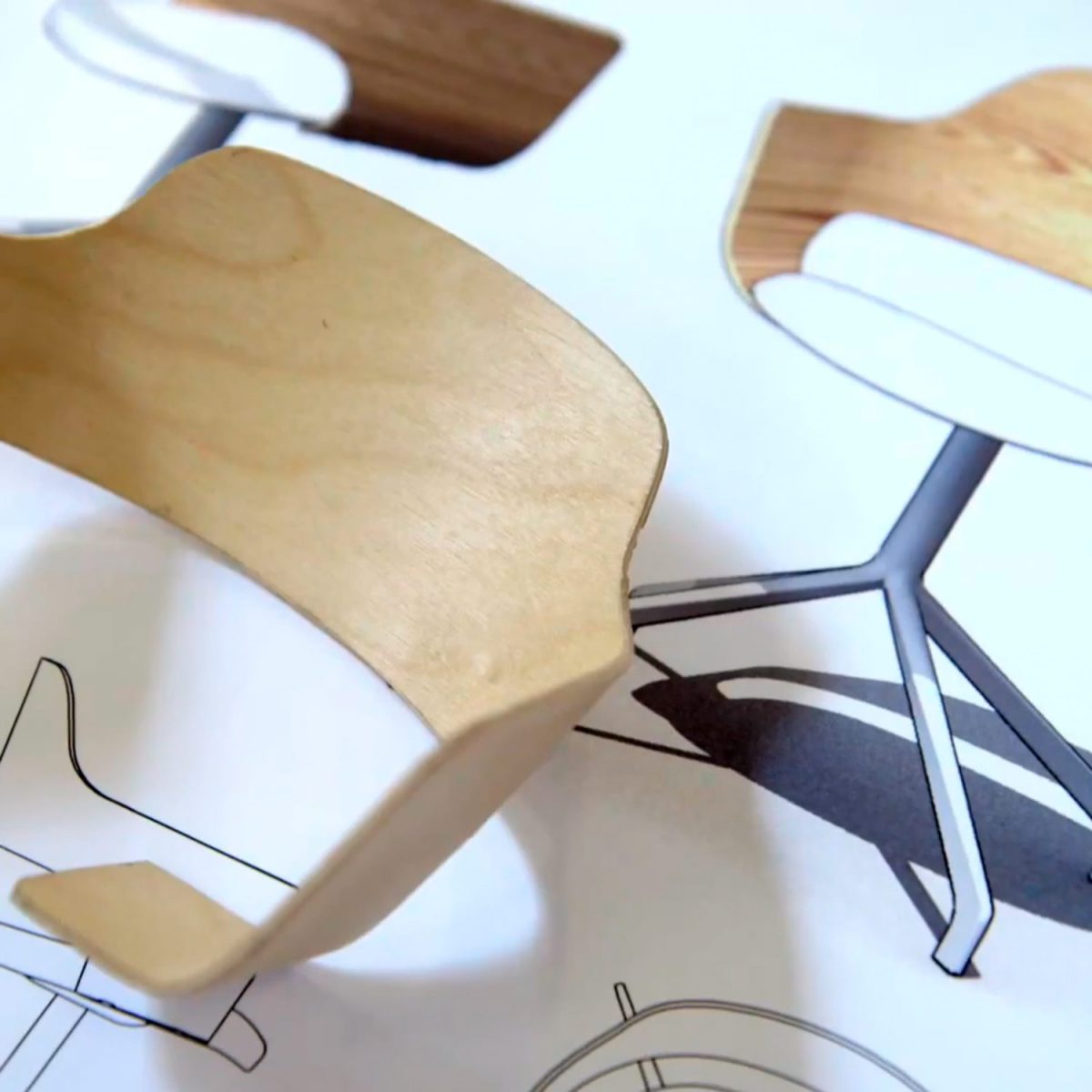DAY 1 – create a diary of when, why and what you use your mobile device for. Observe how others are using their mobile devices. What are the most common uses and where do you see these behaviors?
Date: 13th September 2016, Tuesday
Time period: 7am-7pm
The log below shows the activities I used on my phone throughout the day.
| Time |
What was used on my phone? |
Why was it used? |
| 6am |
Alarm clock app
Whatsapp/Telegram |
Woke up for school
Checked for important messages |
| 6.30am |
Checked clock on my phone |
Made sure that I left house on time while preparing in the morning |
| 7am-8am
(on the train) |
Itunes
Mail app
Snapchat, Instagram
News app
Whatsapp/Telegram |
Listened to music on the way to school
Checked and cleared emails
Checked snapchat messages from friends/ browsed feed on instagram.
Scanned through daily news updates
Replied to text messages |
| 8.45am |
SG NextBus app |
Checked for time of arrival for the next bus to school |
| 10.15am
(in class) |
Checked clock on my phone |
Casually checking the time |
| 12pm-2pm |
Whatsapp/Telegram
Mail app
Expenditure app |
Replied to text messages
Checked for important emails
Recorded down my lunch expenses |
| 3pm-4pm |
Snapchat, Instagram, Facebook
Checked clock on my phone
SG NextBus app |
Checked snapchat messages from friends/ browsed feed.
Casually checking the time
Checked for time of arrival for the next bus to class venue |
| 4.30pm-6.oopm
(in class) |
Google drive app
Blackboard app
Whatsapp/Telegram |
Script for class presentation
Checked for class content + other relevant informations
Quick reply to text messages |
| 6pm-7pm
(dinner) |
Expenditure app
Whatsapp/Telegram
Instagram, Snapchat
SG NextBus app
Itunes |
Recorded down my dinner expenses
Replied to text messages
Casually browsed feed/checked messages
Checked for time of arrival of the next bus (on the way home)
Listened to music |
From my personal log above, I notice how frequent i tend to use my phone in my daily routine. In fact, the first thing that I look at when i open my eyes every morning is none other than my phone as it is also my alarm clock. Also, I notice how there has always been a constant connection between people in our life through the accessibility of our phones e.g. sending text messages, social media and emailing.
While i think there are pros to all these features to allow us to connect to people conveniently, I still believe that it is important to “disconnect to connect”, especially during the day when we are “actually doing something” i.e. when hanging out with family and friends, during lesson time etc. I feel that checking our phones even when we do not need to have turned into a habit. This behaviour clearly shows the reliance people today have on their mobile devices. So much so that people cannot seem to “lose touch” with their phones. I think this is an important issue to look into as I also start to notice many of the younger generations being addicted using their mobile devices lately.
While on the train, I observed how and why people in public were using their phones.



As seen in the pictures, passengers on the train (from the range of teenagers to senior citizens) were engrossed with their mobile devices. These are not surprising sights and the most common reason why this happened is that mobile devices provide an alternative source for passengers to kill time while travelling. (other than sleeping) Alternatively, people would choose to use this time of travelling to “catch up” with their missed calls or unchecked messages.
DAY 2 – Do not use your phone, computer or electronic device for 24 hours. Create a diary documenting and describing the difference in your behavior patterns. How did you do the things you would normally do with your phone? What other alternative behaviors did you develop? What else did you notice about the difference in behavior?
Date: 11th September 2016, Sunday
Time period: 7am-7pm
I conducted this experiment on a weekend as this is usually my “rest” day.
The biggest difference that i was not used to was unable to listen to my music whenever i go, checking messages/emails and to go on social media. However, having to say that, i definitely felt more carefree than usual as i did not have to worry about missing out any calls or messages. I was able to stay focus on what was going on around me which include the people and the environment. I began noticing small little details that i did not see before e.g signs, buildings. Interestingly, i found these observations that i had without my phone around me rather useful as i noticed how i could navigate to places without the use of mapping apps in my phone as well. I started recognising “signature” details of a specific place in my head, which gave me the ability to map my direction to the place of destination. This experience made me realised how one could definitely be more alert with their environment if he or she was less distracted with mobile devices.
However, while i feel that navigation with the help of mind mapping was useful, i think that the main function of our mobile devices is simply not just to help us navigate our ways or to connect with people. It is about giving users a sense of security when he or she is in possession of it. The sense of security when one could use google maps whenever they are lost in an unfamiliar place. The sense of security of knowing the whereabouts of the people in their life.
Looking back, i think it is amazing how people behave so differently before the smartphone revolution came about. One question comes to mind when we compare the days before and after our smartphones invaded our life is that, by drawing a “closer” distance through connecting with people/environment on our smartphones, are we, in fact, repelling away instead? For example, people in the past would make extra effort to meet up with each other VS people today who could “stay connected” with text messages/facetime without actually talking face-to-face. After all, emotional attributes is still something technology can never replace isn’t it?




